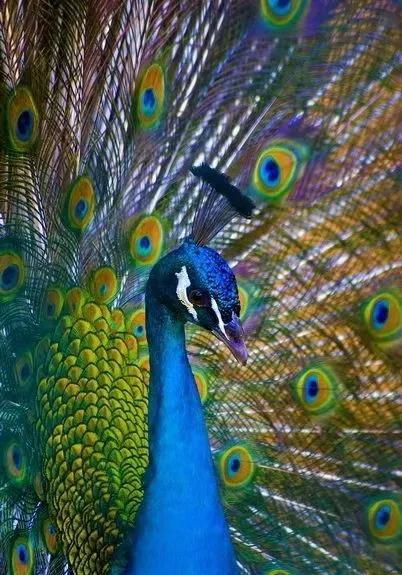The Great Wisdom Treatise, made by Nagarjuna Bodhisattva
Volume Seventy-One
Interpretation of Fun Wisdom Products 53 (All Wisdom Products of Fun)
Commentary: What the bodhisattva tried to do was not born in his language, but was true or untrue. Why? There are two kinds of others: the five desires in the family, and the falsehood and impurity; and the monastic path of the evil and untruthfulness. None of these statements are true, and therefore they are not believed. Those who have attained the reality of the Dhamma, or even those who have broken the reality of the Dhamma in the body of a Buddha, do not believe in it. If there is no law, the heart is at ease and does not move again. Although the bodhisattva has not attained the Buddha's path, greed and other troubles are broken and are not involved. The mind is always inseparable from the six paramitas, knowing the good dharma and the fruits of the taste, the heart is always loving music, and not separating from the six paramitas. If so and so on, for various causes, smell deeply, do not fear, do not fear, rejoice, read, ask righteousness, practice. Like thunder, the little bird is afraid to die, the peacock bird dances with joy; so does Prajnaparamita, evil sees ordinary people, smells terror, Ajaparamita to the bodhisattva, smells joy, the heart is not tired, it is said to rejoice and hear. It is the Middle Buddha who said cause and effect: It is the bodhisattva who in past lives has heard deeply about Prajnaparamita, gathered the wisdom of many merits, and has great virtue, and there is great wisdom, so he is not afraid. Subhuti asked: If a bodhisattva smells Prajnaparamita deeply, although he is not afraid, if there is no definite phase, why should the cloud act? Buddha's words: Follow all kinds of wisdom.
Question: If a bodhisattva has not attained all kinds of wisdom, how can the cloud be smooth?
Answer: That is why it is said that shun is hollow after all, then all kinds of wisdom are shun, and all kinds of wisdom are silent phases. In the Later Buddha's article, it is said: All phases of silence are all kinds of wisdom, and if they are said to be empty after all, then all kinds of wisdom are followed. There is no phase, no work, no emptiness, no birth, no death, no dirt and no purity, such as dreams, etc. At that time, Subhuti asked, "After all, shun is hollow, what kind of dharma is it?" Buddha's answer: Don't look at the color or even all kinds of wisdom. Why? Wisdom desires to be realistic, and all kinds of wisdom are illusory, and all kinds of wisdom are real laws. The positive law is therefore too much to do, the too much to be the law, the reason to say that there is no law, no author, no bad law. Those who are incorruptible are those who do not come from the six paramitas, and words do not come from nothing; if they do not enter the Dharma, they do not go away. There is no dwelling for false reasons; in the Law of non-action, there is no remembrance of the separation, and there is no dwelling. There are six numbers of the five masses and the unity of the five masses; if the five evils are continuous, they are innumerable and immeasurable. For countless immeasurable reasons, the language is broken; the language is broken, and it is not possible to practice color and other Dharmas. The Buddha said that the causes and conditions are the dharmas of samadhi, and the samadhi is the dharmas of samadhi. Why? The dharmas of color and so on are sahara, and if they are sabo, they are like samadhi. For this reason, there is no difference between the two and the two.
